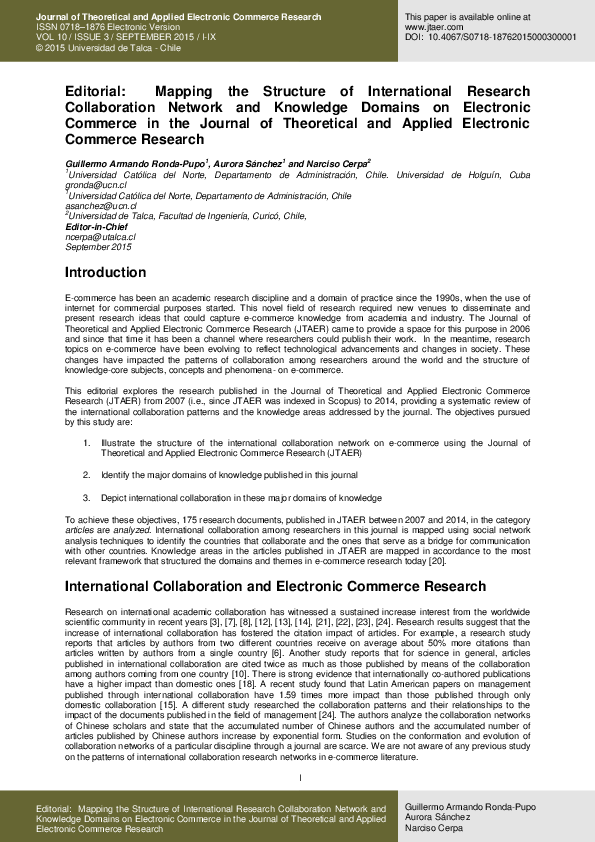网络平台数字内容订阅免费试用策略分析
IF 5.1
3区 管理学
Q1 BUSINESS
Journal of Theoretical and Applied Electronic Commerce Research
Pub Date : 2023-11-20
DOI:10.3390/jtaer18040106
引用次数: 0
摘要
采用订阅模式已经成为电子商务的流行趋势。数字内容平台通常使用免费试用来吸引潜在用户。然而,目前还缺乏对平台免费试用策略的严谨研究。本文旨在利用横向双寡头框架来填补这一空白。我们研究了市场对称和市场不对称两种情形。我们研究了每种情况下没有免费试用的基准案例,并推导了免费试用促进下的均衡结果。我们发现,除非消费者的学习率超过阈值,否则该平台不会从免费试用中受益。当市场对称引入免费试用时,消费者学习率越高,订阅价格越高,免费试用时间越短。此外,在加入网络效应后,平台将推出更低的订阅价格和更短的免费试用期。在市场不对称的情况下,我们的研究结果表明,平台面临着更高的消费者学习率门槛。此外,与市场对称方案相比,它将提供更高的价格和更长的免费试用期。总的来说,我们的研究为在线内容平台在考虑订阅策略时提供了有用的管理见解。本文章由计算机程序翻译,如有差异,请以英文原文为准。
Analysis of Online Platforms’ Free Trial Strategies for Digital Content Subscription
Adopting subscription models has become a popular trend in e-commerce. Digital content platforms often use free trials to attract potential subscribers. However, rigorous research on platforms’ free trial strategies is lacking. Our paper aims to fill this gap using a horizontal duopoly framework. We investigate both the scenario of market symmetry and of market asymmetry. We study the benchmark case with no free trial for each scenario and derive equilibrium results with free trial promotion. We find that the platform will not benefit from free trials unless consumers’ learning rate exceeds a threshold. When a free trial is introduced in market symmetry, a higher rate of consumers’ learning leads to a higher price of subscription and a shorter free trial length. In addition, when the network effect is incorporated, the platform will introduce a lower subscription price and a shorter free trial length. Under market asymmetry, our results show that the platform faces a higher threshold of consumers’ learning rate. Additionally, it will offer a higher price and a longer period of free trial compared with those under the market symmetry scenario. Overall, our study provides useful managerial insights for online content platforms when considering their subscription strategies.
求助全文
通过发布文献求助,成功后即可免费获取论文全文。
去求助
来源期刊
CiteScore
9.50
自引率
3.60%
发文量
67
期刊介绍:
The Journal of Theoretical and Applied Electronic Commerce Research (JTAER) has been created to allow researchers, academicians and other professionals an agile and flexible channel of communication in which to share and debate new ideas and emerging technologies concerned with this rapidly evolving field. Business practices, social, cultural and legal concerns, personal privacy and security, communications technologies, mobile connectivity are among the important elements of electronic commerce and are becoming ever more relevant in everyday life. JTAER will assist in extending and improving the use of electronic commerce for the benefit of our society.

 求助内容:
求助内容: 应助结果提醒方式:
应助结果提醒方式:


